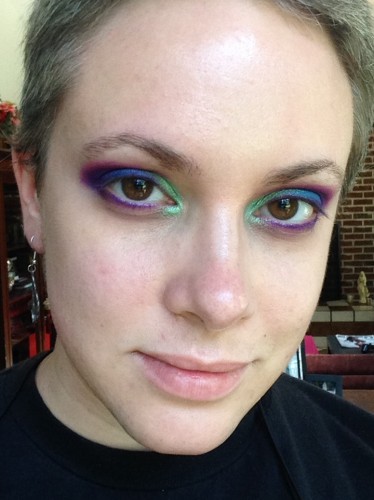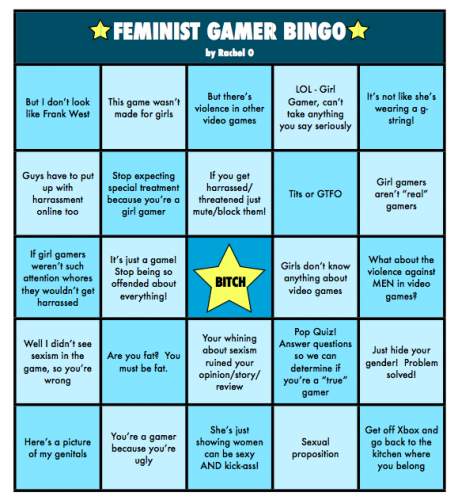One secondary effect of the blow-up over Jack Halberstam’s trigger warning essay is the widening skepticism of the term “neoliberal” as a sort of empty buzzword. Because I just finished teaching a grad seminar whose main objective was to figure out what the hell we mean when we say “neoliberalism” (here is the tumblr for the class), I thought I might be of some assistance here. I think the term “neoliberalism” can mean something useful and specific if we’re more cognizant of its use.
It seems to me that a lot of the confusion around the term is that it is used in (at least) two senses: one indicates a period in time, and one indicates an ideology. Just as “the Cold War” or “modernity” can refer to both a historical time-frame and a dominant ideology that shaped that historical period, “neoliberal” can mean both “now” and the ideology that informs this “now.”










